How to Eliminate Weeds in the Organic Garden
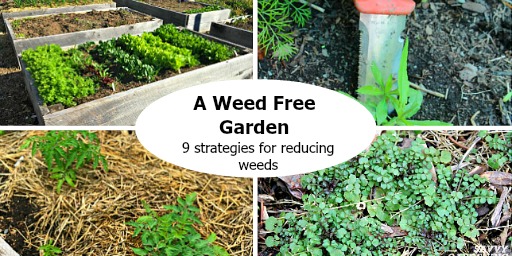
Very good to all Agrohuerters. Continuing with the story of how I went from having a barren soil to a vergelazo, today I am going to talk a little about how to eliminate weeds in the garden.
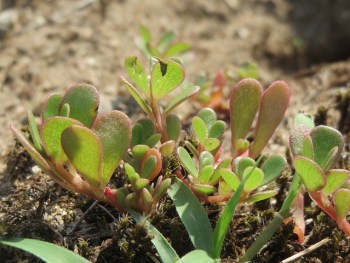
What are weeds?
We understand by weeds, all those plant species that should NOT be where we want, these plants are very bad neighbors of our garden crops and not only invade their space but also compete with them for soil and water resources. Therefore, do not have any qualms about killing them with everything you can, since the only thing that their presence achieves is to disturb the natural growth of your plants.
Although not all weeds are completely bad, such as nettle, which is a natural antibiotic and can be collected to make nettle slurry, and horsetail, which can help us control the presence of fungi in the garden, so it is worth recognize weeds before eradicating them and what better way to read Lucía and Dani’s articles to enlighten us on this aspect.
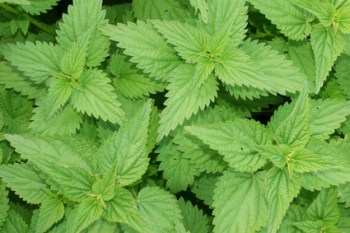
Compost to eliminate weeds
Compost can also be an ally to eliminate weeds in the garden. My advice as a user of a leisure garden is to uproot everything you don’t want and compost it. If you do not want to complicate your life, you can also cure the surroundings of the orchard with herbicides to avoid the birth of these bad neighbors.
Creating a compost bin is very simple and it is very advantageous in the long term to have your own compost. You only have to collect the weeds that you have uprooted, separate the beneficial ones or those that you want to give other uses (in the case of the nettle) and chop the rest. Find an appropriate place like a corner and make a drawer with any material as long as you manage to insulate the interior well and it is easy for you to incorporate new remains as well as remove the ones you already have.
As I say in the video, in a first phase I let the plants dry to have dry residue. As you can see, the residue is completely dry, even somewhat composted, which is great for mixing it with the rest of the wet residue. Finally a couple of weeks ago I collected the remains of the summer crop, although I still had a lot of tomatoes left unpicked, I chopped them with a shovel and mixed them with the dry residue I already had, giving rise to a TOP compost bin
What is the proper pH for compost?
I hope that by summer I will be able to have my own homemade compost if the alkaloids of the unripe tomatoes that have entered the compost bin allow the process to be carried out correctly. Compost microorganisms grow better at a neutral PH (7), which is why in some urban orchards they do not allow people to deposit acidic fruits in the compost bins since it would lower their PH to acid levels (< 7). Studies affirm that an increase in PH (> 7) does not affect the bacteria in the compost as much as it does the fungi and yeasts, so in principle these alkaloids should not slow down the rate of natural composting much, I will tell you how it was.
I tell you all this so that you venture to carry out these experiments and try things. One year’s experience will always improve your knowledge for the next and may help other people.
Weed removal tutorial
If this still does not convince you of how easy it is to make compost, take a look at the video where I make my own compost bin, if I have done it, anyone can do it:
In addition, here are articles that may interest you:
- Control weeds in the garden
- Natural remedies against pests and diseases
- Recognizing Weeds: Common Garden Weeds
References
- Mayer, F., Albrecht, H. (2008). Chapter 3.3 – Dispersal Strategies: Are They Responsible for Species Success in Arable Ecosystems? . Editor(s): P. Schröder, J. Pfadenhauer, JC Munch. Perspectives for Agroecosystem Management. Elsevier. 257-278
- Margulis, L., Chapman, M. (2009). Chapter Five – KINGDOM PLANTAE. Editor(s): Lynn Margulis, Michael J Chapman, Kingdoms and Domains (Fourth Edition). Academic Press. 411-462.
- Finch, HJS, Samuel, AM, Lane, G. (2014).Plant breeding and seed production. Editor(s): HJS Finch, AM Samuel, GPF Lane, Lockhart & Wiseman’s Crop Husbandry Including Grassland (Ninth Edition), Woodhead Publishing, 263-283.
As you can see, my colleagues and I have managed to make a good encyclopedia on composting and weeds. After consulting it, you will surely not have problems with these issues again. I am collecting nettles to make a video and show you the recipe for the famous slurry, I hope to show it to you soon.
All the best!

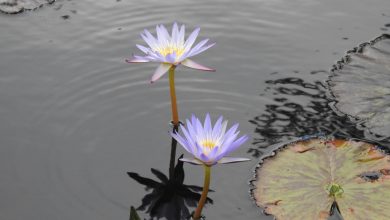
![Photo of Sow Gardenias: [Care, Planting, Watering, Substrate]](https://www.complete-gardening.com/wp-content/uploads/2021/06/gardenia_1583842589-390x220.jpg)
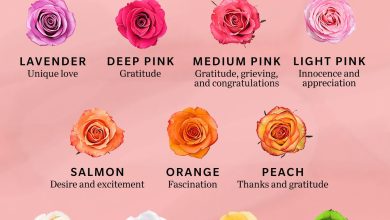
![Photo of Linden: [Characteristics, Planting, Care, Irrigation and More]](https://www.complete-gardening.com/wp-content/uploads/2022/08/linden-characteristics-planting-care-irrigation-and-more-390x220.jpg)